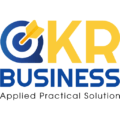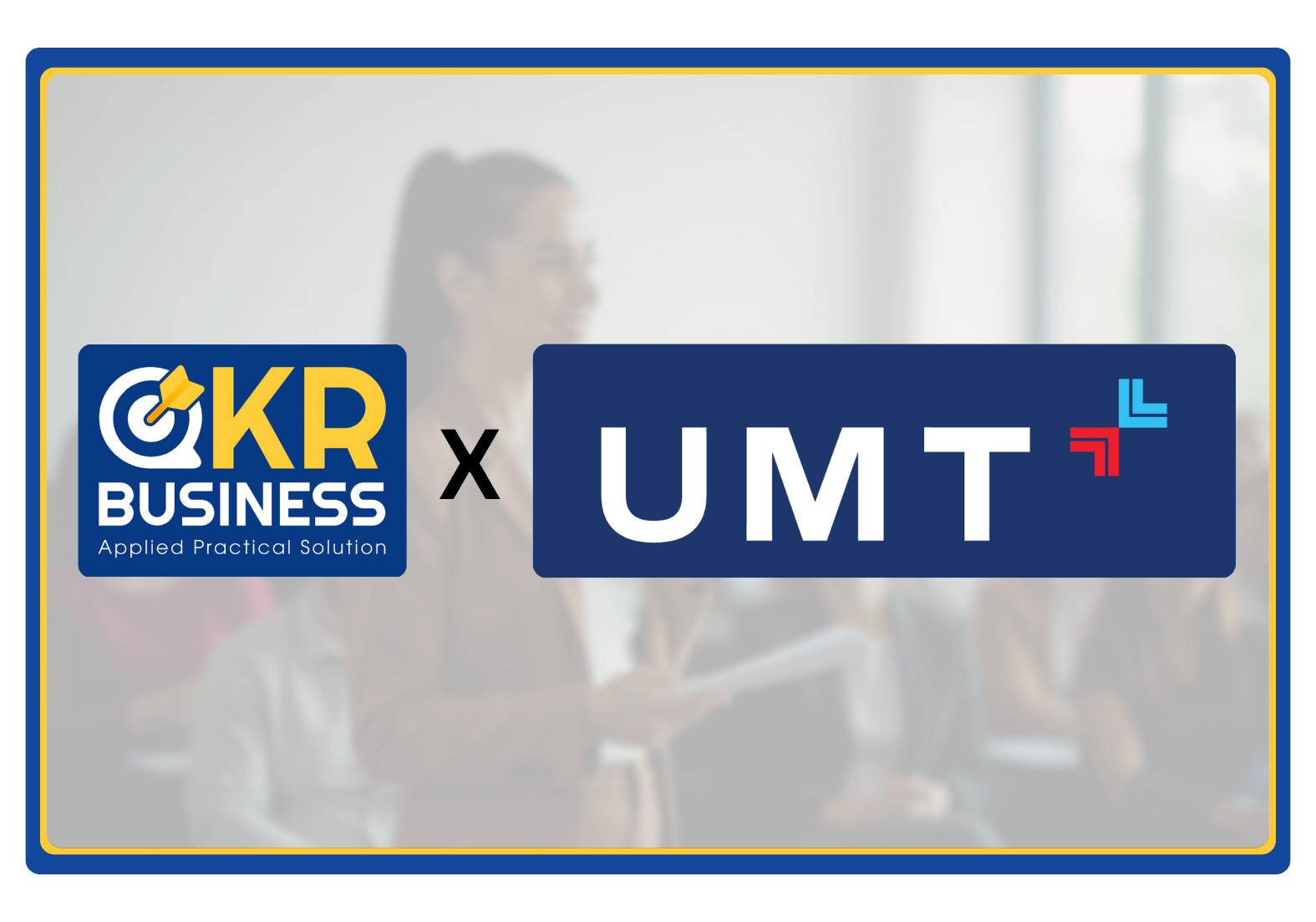Young professionals today often hear about OKRs and KPIs—quite familiar, right? In the real world, have you ever wondered how to pursue your passions, achieve your big dreams, and set groundbreaking goals while still ensuring your daily work is efficient? Or how to be creative and innovative while maintaining stability and sustainable growth on your career path?
It might seem challenging to achieve all three factors of “Good-Nutritious-Cheap.” But it’s possible. The answer lies in the “ultimate” combination of OKRs (Objectives and Key Results) and KPIs (Key Performance Indicators). This dynamic duo is used by many leading companies worldwide to make significant strides in their business. At OKR.BUSINESS, we not only apply OKRs as a tool but also consider it a core management philosophy.
OKR.BUSINESS believes that by understanding the core principles and combining them appropriately, OKRs and KPIs create a comprehensive and effective goal management system that helps you conquer any peak in your career path.

OKR and KPI – Two of the most effective management tools
OKRs and KPIs: Each Tool Has Its Own “Superpower”
Before diving into how to combine OKRs and KPIs, let’s understand the fundamental differences between these two tools:
| Feature | OKR (Objectives and Key Results) | KPI (Key Performance Indicators) |
|---|---|---|
| Nature | Focuses on ambitious goals and key results to achieve those goals. | Focuses on measuring performance through quantitative indicators. |
| Purpose | Drives growth, innovation, and achieving breakthroughs. | Evaluates operational efficiency and ensures predetermined goals are met. |
| Timeframe | Typically set in short-term cycles (quarterly or monthly) for flexible adaptation to change. | Typically set in long-term cycles (annually) with less frequent changes. |
| Characteristics | Qualitative and quantitative, focusing on both results and process. | Primarily quantitative, focusing on the final result. |
| Establishment | Established through collaboration between all levels, from leadership to employees. | Often set top-down by management. |
| Flexibility | Flexible and adaptable to environmental changes. | Less flexible and difficult to change once established. |
| Connection | OKRs are interconnected vertically and horizontally, forming a unified goal system. | KPIs are often independent of each other and lack strong connections. |
| Motivation | Motivates through ambition, challenge, and the meaning of the goal. | Motivates through rewards and penalties based on achieved results. |
| Focus | Focuses on achieving breakthrough goals and making a difference. | Focuses on maintaining stable performance and achieving pre-established goals. |
| Example | “Become a leading expert in field X” (OKR) | “Increase the number of new customers by 15%” (KPI) |
In simpler terms, OKRs are like a compass, like the North Star, guiding you in the right direction and helping you explore new horizons. Meanwhile, KPIs are like a tracking board, helping you measure vital indicators and stay on top of your progress.
Building a Perfect Career with the Combination of OKRs and KPIs
If OKRs are the “vision,” then KPIs are the “action.” OKRs help you define ambitious, meaningful goals for your career, while KPIs help you break down those goals into measurable actions. When combined, OKRs and KPIs create a comprehensive and effective goal management system that helps you:
- Set clear goals: OKRs help you identify big, meaningful goals for your career. KPIs help you break down those goals into specific, measurable, and trackable steps.
- Focus on what matters: OKRs help you focus on the goals that have the biggest impact on your career. KPIs help you ensure you’re on the right track and not getting sidetracked.
- Create motivation and inspiration: OKRs give you a sense of excitement as you pursue big goals. KPIs help you track progress and recognize small wins on the way to achieving your big goals, thereby maintaining motivation and work enthusiasm.
- Evaluate work performance: KPIs help you objectively and quantitatively assess your work performance. OKRs help you understand your contributions to the organization’s overall goals.
- Develop yourself: OKRs encourage you to continuously learn, grow, and improve yourself. KPIs help you identify your strengths and weaknesses to create a suitable development plan.

Success is a result from an ambitious goal with clear-defined actions
IEP Program: Where OKRs and KPIs Intersect
The Internship of Excellence Program (IEP) at OKR.BUSINESS is where you can experience the perfect combination of OKRs and KPIs.
- Personalized OKRs: You will be guided to set personal OKRs that align with your goals and aspirations.
- Practice OKRs in real projects: You will participate in real projects where you can apply OKRs to achieve specific and measurable results.
- Continuous feedback and support: You will receive regular support and feedback from mentors and managers to help you develop and improve yourself.
OKRs and KPIs: The Winning Formula for Young Talents
By intelligently combining OKRs and KPIs, you can create a perfect “combo” to develop your career:
- OKRs help you define your destination: Who do you want to be? What do you want to achieve in your career? OKRs will help you answer these questions and define big, inspiring goals.
- KPIs help you map out the route: Once you have a goal, KPIs will help you break it down into specific, measurable, and trackable steps.
- OKRs help you stay motivated: OKRs will give you the energy and excitement to overcome any difficulties and challenges on the way to achieving your goals.
- KPIs help you evaluate and improve: KPIs help you objectively evaluate your work performance, allowing you to identify areas for improvement and develop yourself.
Real-world example:
An intern at OKR.BUSINESS might set an OKR of “Acquire the business standard content writing skills”. To achieve this goal, you could set key results like:
- KPI 1: Write 2 blog posts per week and achieve at least 500 views for each post in 30 days.
- KPI 2: Increase followers on the company’s social media channels by 10% in 60 days.
Thanks to the combination of OKRs and KPIs, you not only have a clear goal but also specific numbers to measure and evaluate your success.
In short, OKR and KPI are both powerful management tools. When combined intelligently and flexibly, they help you and your organization achieve outstanding results in your career. With the IEP coaching and training program, we are committed to supporting young talents on this journey. By integrating OKR and KPI, we help you uncover your potential and build a solid foundation for achieving your career dreams.





